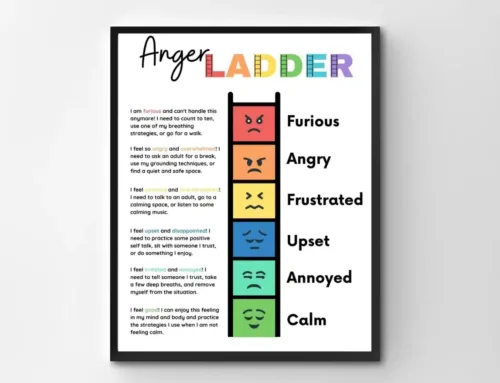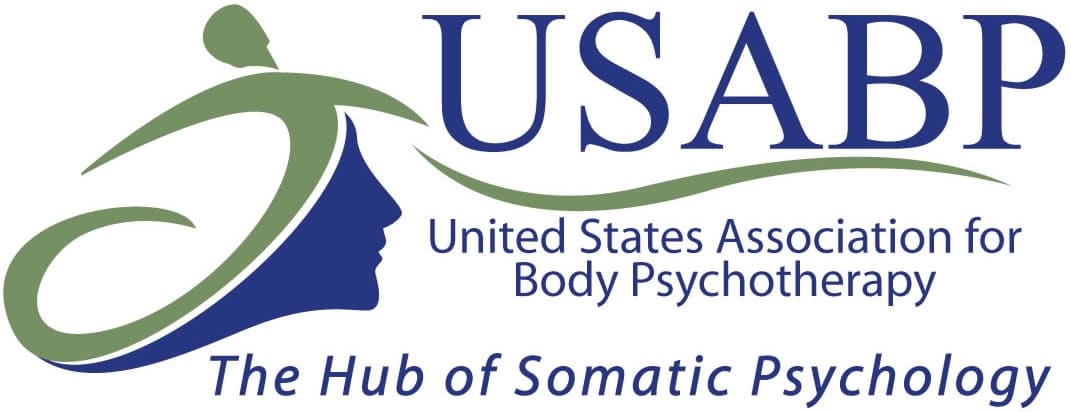Guilt and regret are common after past mistakes, and they are part of normal mental health. The aim is not to erase feelings, but to process them with self compassion, make amends where you can, and move forward with stronger emotional health and personal responsibility in everyday life.
How do I reduce guilt and regret now?
You can reduce guilt and regret now by steadying the body, naming the emotion, and choosing one repair step you can complete within 24 hours.
Sit or stand tall and take deep breaths in a four by four rhythm for two minutes to lower arousal and muscle tension. Say the feeling out loud to anchor the moment: “This is guilt about missing the deadline,” or “This is regret about what I said to a loved one.” Then pick one concrete action that releases guilt in a healthy way, such as a sincere apology, correcting an error, or setting a reminder that prevents the same mistake. If you want short routines to calm the nervous system and avoid future regret, see Meditation and Mindfulness Strategies.
How do I stop the thought loop?
You stop the thought loop by interrupting rumination and redirecting attention to a brief task that matches your values.
Use a cue line such as “Stop, switch, do,” then switch to a neutral anchor like “I will review this at 7 pm,” so regret feels contained rather than endless. Next, act for five minutes on something that matters in daily life, for example tidying one shelf, preparing tomorrow’s lunch, or sending a kind message to a friend. If your head keeps replaying past decisions, schedule a ten minute review window and finish when the timer ends. For why breath helps attention return to the present, read The Role of Breath in Healing.
How do I practise self forgiveness safely?
You practise self forgiveness safely when you describe the behaviour accurately, repair the harm where appropriate, and commit to a value that guides your next choice.
Replace global self blame with a factual line: “I did X,” rather than “I am wrong.” If contact is safe and welcome, offer a brief apology that names impact and states what will change, then follow through. Pair that act with self compassion by offering yourself the same kindness you would extend to a loved one, and write one value statement to avoid regret in the future, such as “I will be on time for family dinners this month.” If unhelpful thoughts return, CBT frameworks can help you challenge all or nothing rules and rebuild perspective; start with What Is Cognitive Behavioural Therapy (CBT).
How do I make amends without making it worse?
You make amends well when you choose the right person, the right time, and a clear request that respects boundaries.
Check consent first, keep the message short, and focus on specific behaviours rather than identity: “I interrupted you in the meeting and that was wrong; next time I will wait, and I am asking if we can reset.” If contact is not welcome, accept the limit and redirect repair toward a community act or private practice of service that aligns with your values. For language that reduces heat and improves communication, use Resolve Conflict with Better Communication.
When should I seek professional help?
You should seek professional help when guilt is constant, harmful, or tied to trauma, and when it blocks sleep, work, relationships, or creates overwhelming feelings.
Persistent self criticism can fuel anxiety or major depression, and some people face intrusive memories that make life feel impossible. If self help stalls, arrange tailored support with a mental health professional through Counselling Services so your plan is up to date and matched to your needs.
What is the difference between guilt and regret?
Guilt focuses on wrongdoing, while regret focuses on lost outcomes, so each needs a different plan.
Guilt says “I violated my standard,” which calls for responsibility and repair; regret says “I wish I chose differently,” which calls for learning and safeguards that prevent future regret. For deeper context on identity and shame, see Implications of Chronic Shame.
Why do I feel guilt over past mistakes?
You feel ongoing guilt when rigid rules, perfectionism, and hindsight bias keep the mind stuck on past failures.
Replace “must” and “should” standards with balanced rules that include context and intent, and challenge the story that you “knew it then,” because memory edits events and inflates certainty. Pair self acceptance with personal responsibility so you can learn without dragging yesterday into every moment; Perfectionist or Obsessional Rigid explains common patterns.
Is it normal to feel regret every day?
Brief regret is common, but daily sticky regret suggests a pattern that benefits from skills and support.
A short pang can be a positive force that nudges self improvement; constant replay drains energy and narrows positive emotions. Keep your review short, take responsibility once, then act on one values step so you can move forward.
Can guilt cause anxiety or depression?
Yes, persistent guilt can increase emotional distress and contribute to anxiety and depression, so treat both in parallel.
Self blame keeps the brain scanning for danger, sleep suffers, and the body carries the tension. If worry or low mood also shows up, add targeted care alongside your guilt plan; What Is Anxiety is a helpful starting point.
What are the psychological effects of guilt?
Guilt can motivate timely repair or slide into shame that blocks action and connection.
Adaptive guilt supports personal growth, clearer focus, and better choices; maladaptive guilt fuses identity with mistakes and keeps you stuck in negative emotions.
How do I know if I face toxic guilt?
You are likely facing toxic guilt when language becomes global, rules are all or nothing, and repair efforts stay stuck.
Listen for “always,” “never,” and “I am a failure,” notice repeated apologies without behaviour change, and consider therapy if the pattern continues despite reasonable amends.
Why can’t I stop thinking about the past?
You cannot stop thinking about the past when rumination keeps attention locked on threat instead of change.
The brain seeks certainty, so it replays “what happened” and the ways you might do things differently. Shift attention to senses, movement, or a values action, and talk with a trusted friend if you feel trapped in the loop.
What triggers feelings of guilt and regret?
Guilt and regret are often triggered by harm, loyalty breaks, and broken standards in relationships.
Common regrets include missed opportunities, sharp words, lost tempers, and forgetting to call a friend. Map the people, places, and situations that set off these feelings so you can plan one prevention step for each.
Are guilt and shame the same?
Guilt targets behaviour, while shame targets identity, and shame heals through compassion and connection.
Guilt says “I did wrong,” which invites repair; shame says “I am wrong,” which needs unconditional love, support, and careful boundaries. A social perspective is outlined in Guilt and Its Relation to Individual and Group Conscience.
Why do I regret decisions I made years ago?
You regret old decisions because memory edits the past and idealises other paths, so use a both-true reframe.
Tell yourself, “Given what I knew, I chose X, and I can do things differently now,” then add one safeguard for the future to avoid regret tomorrow.
How does guilt affect health and relationships?
Chronic guilt drains energy and delays repair, which strains health and erodes trust.
Sleep disruption, muscle tension, and decision fatigue are common, and slow repairs leave family members and friends unsure where they stand. A practical sequence is simple: own the impact, state the change, and follow through. To understand the stress pathway, see How Prolonged Stress Creates Illness.
Are guilt issues genetic or learned?
Guilt patterns reflect both temperament and learning.
Sensitive threat detection can amplify feeling guilty, while family rules and cultural norms teach how guilt is expressed and whether it is used to guide behaviour or to punish identity.
What stages describe a guilt episode?
Trigger, appraisal, emotion, and action describe a typical guilt episode and reveal where to intervene.
A cue happens, the mind judges what it means, feelings rise, and a response follows. Insert skills at appraisal: breathe, name the feeling, choose one responsible step, then stop beating yourself up so you can act in the present.
What quick steps help today?
A two minute reset and one values step help you move forward today.
Take four by four breaths, name the emotion, soften your tone, and send the message, fix the error, or book the support you need. A small act in the right direction protects well being and reduces the risk of future regret.
Where can I get help now?
If guilt is constant or blocks life, book support and request a tailored program.
You can arrange a confidential consult through Contact and compare formats and pathways on Counselling Services so your plan matches your situation.
Conclusion
Guilt and regret can be guides rather than chains. Steady your body with deep breaths, name what you feel, take responsibility for specific behaviours, and choose one repair or learning step within 24 hours. Practise self compassion, talk with someone you trust, and add professional help when patterns persist. With a clear plan and consistent action, you can forgive, learn, and lead your life with more confidence and care.
Related Posts
Fees And Rebates
We offer cost-effective solutions that can fit within your budget. The insights and skills acquired in therapy can continue to positively impact mental and emotional health long after the therapy sessions have ended, making it a truly worthwhile investment in yourself.
















